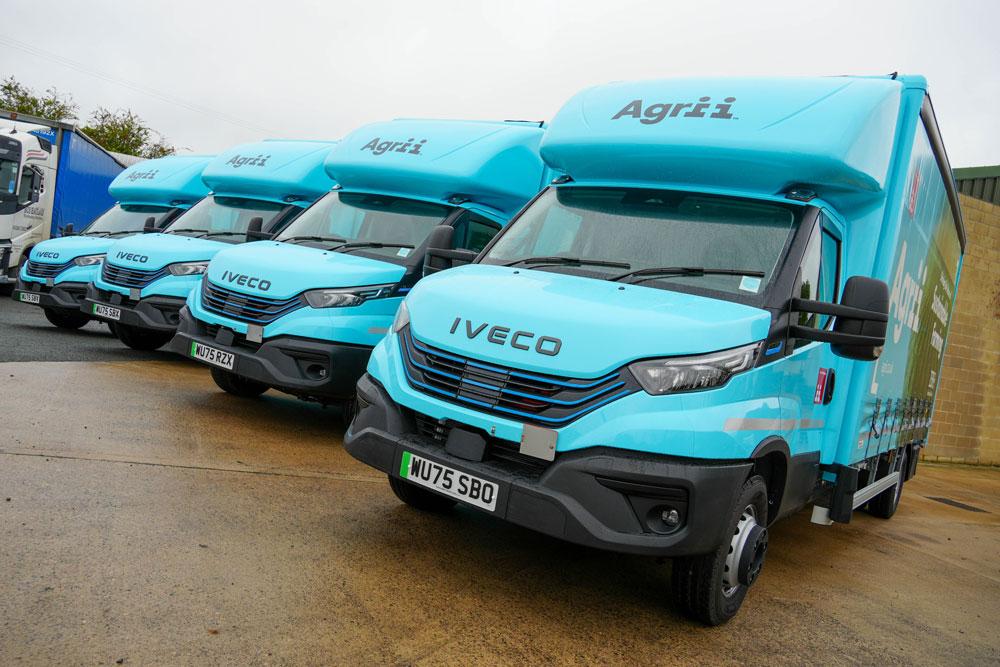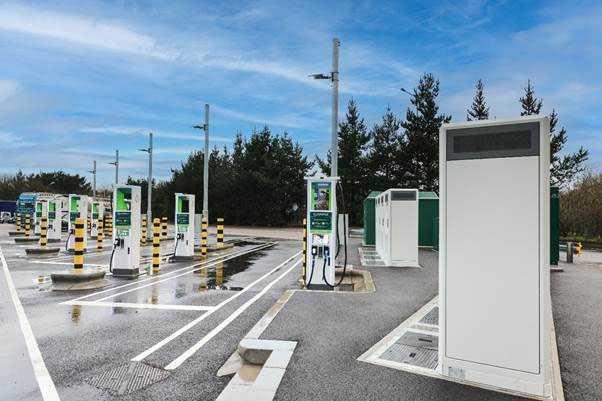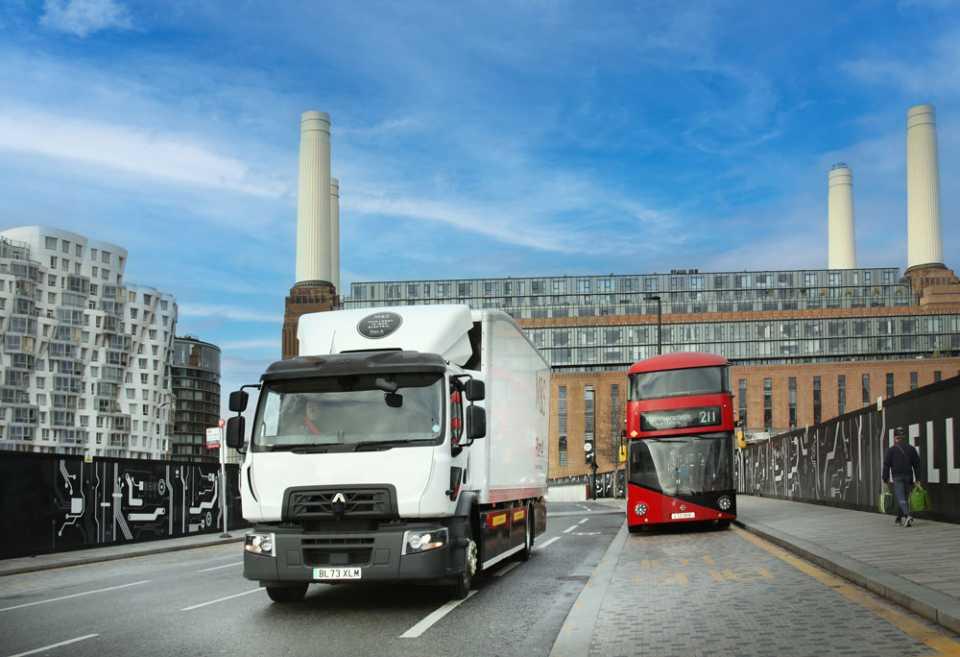By Michelle Gardner, Deputy Director - Policy, Logistics UK.
The Autumn budget was a mixed bag for the logistics sector – especially one which is operating on fine margins while having to make significant investments to decarbonise fleets. While there was some good news for the sector with the continuation of the freeze in fuel duty, there is serious concern that the increase in employers’ National Insurance contributions (NICs), and, significantly, the lowering of the threshold where NICs are payable, will have a damaging effect on the industry and its potential to drive growth across the whole economy.
Our analysis estimates that the changes to employer NICs will cost the wider sector up to £1.7 billion, equivalent to over 42,000 jobs, and this is money which businesses will have to find through a combination of measures such as passing on the cost to the end customer, freezing pay for existing employees or by reducing the logistics workforce. So, while these additional costs are likely to curtail investment in achieving net zero goals, there is a more pressing danger: in the 12 months to the end of July 2024, more than 500 UK logistics businesses went bust and we are worried that the number of businesses that cease trading in the coming months will continue to accelerate due to these much higher, unbudgeted costs.
Logistics UK is urging the Chancellor to reconsider the introduction of these changes as a matter of urgency to ensure that logistics businesses can continue to support the UK’s transition to net zero and drive the economy forwards.
Logistics UK is one of the UK’s leading business groups, representing logistics businesses which are vital to keeping the UK trading, and more than seven million people directly employed in the making, selling and moving of goods.






